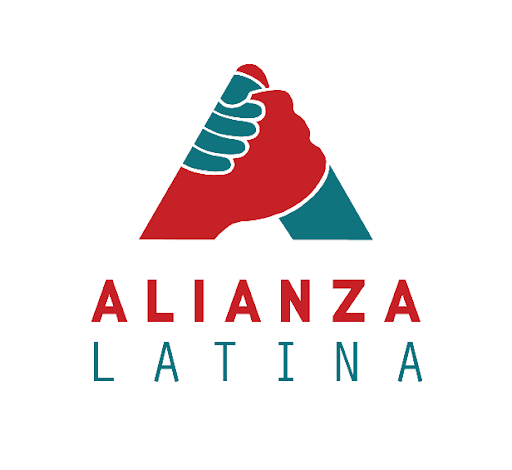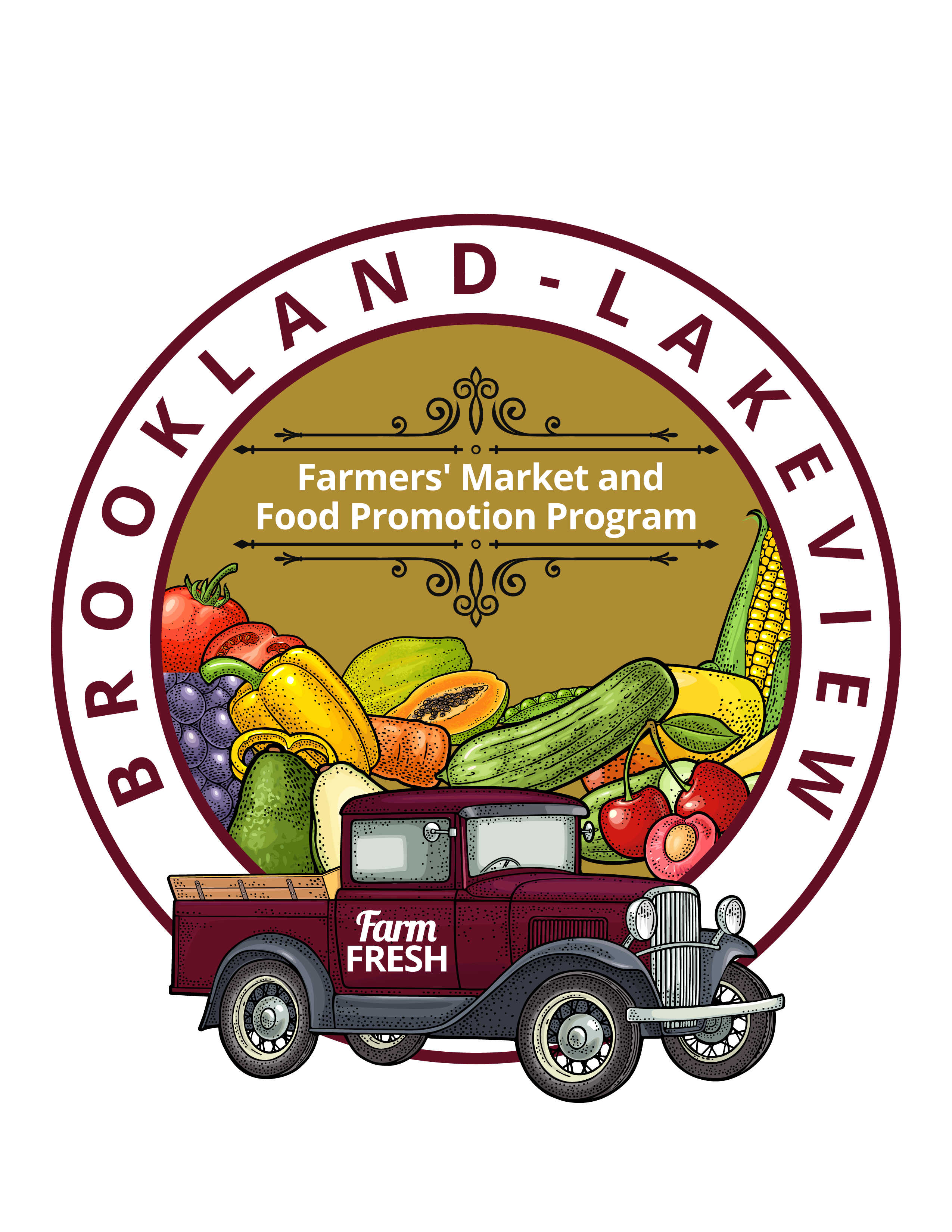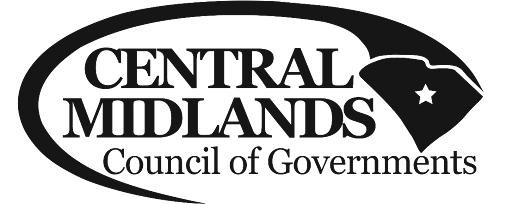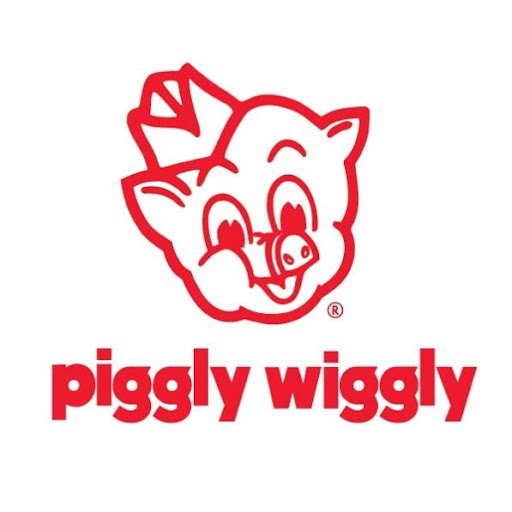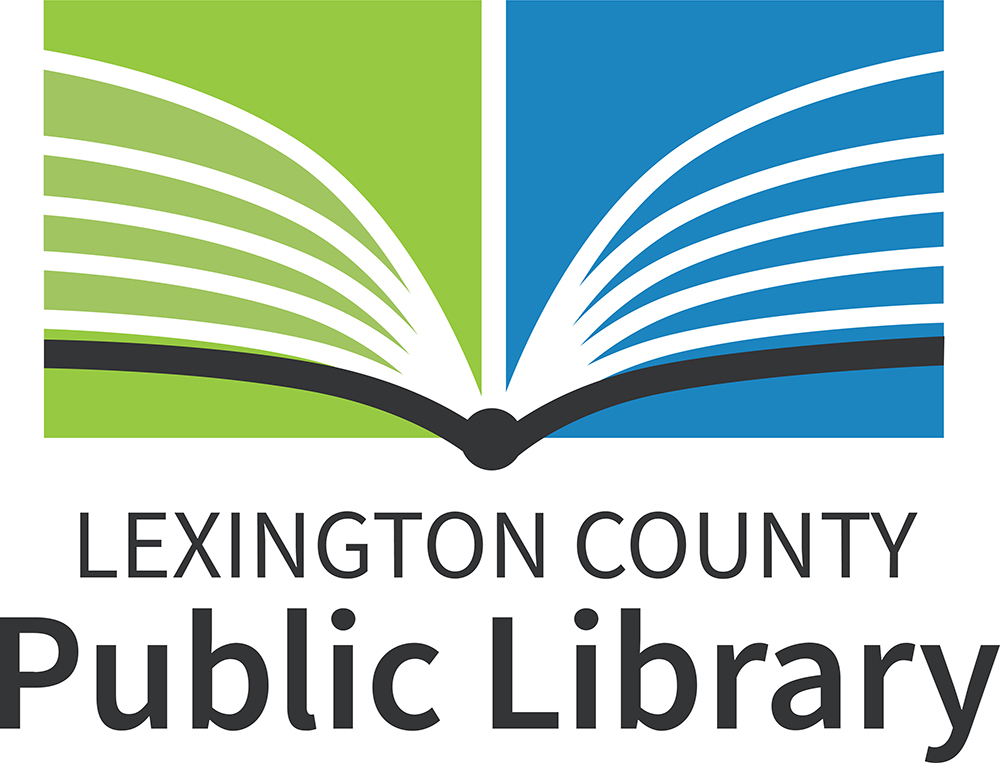Mission
West Columbia-Cayce Food Policy Coalition works to ensure quality food access and equity to address food insecurity while supporting all local farmers and food workers.
Vision
We will eliminate food deserts so that every neighborhood has access to healthy foods. Together we will defeat food insecurity through addressing transportation barriers, creating successful partnerships, establishing equitable food resources and offerings, and policy and advocacy outreach.
We are proudly funded by South Carolina SNAP-ed. Visit scsnaped.sc.edu for more information on the program.
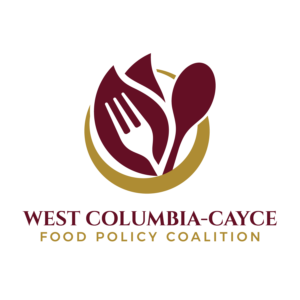
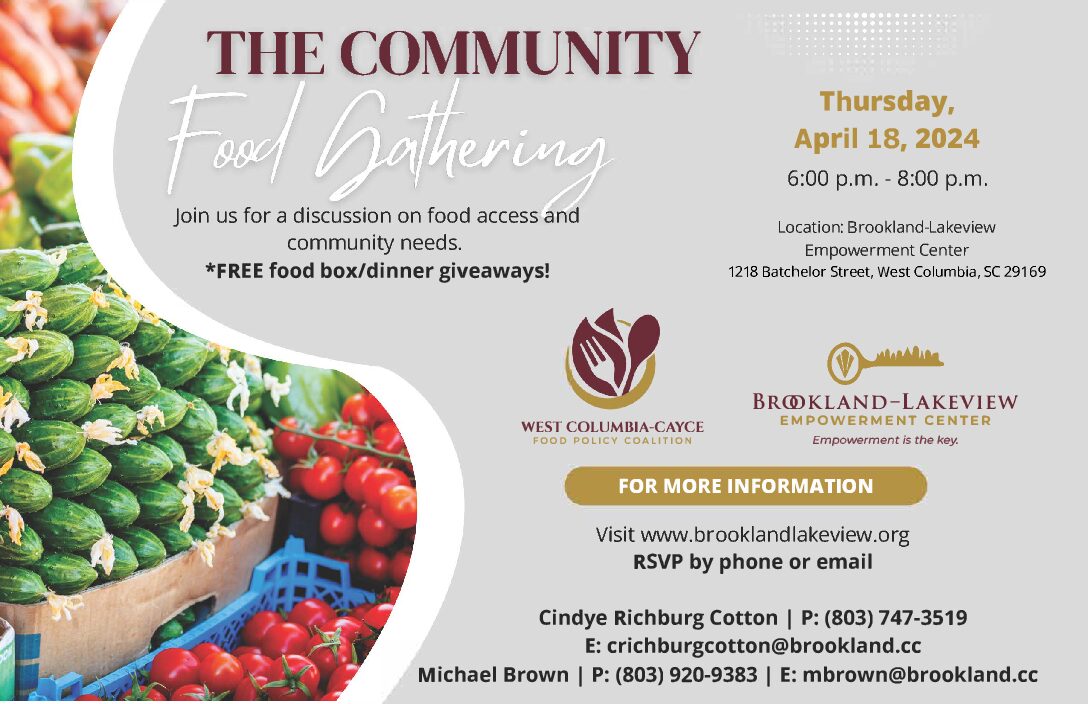
Food Insecurity
Food insecurity refers to of lack of access, at times, to enough food for an active, healthy life for all household members and limited or uncertain availability of nutritionally adequate foods. Food-insecure households are not necessarily food insecure all the time. Food insecurity may reflect a household’s need to make trade-offs between important basic needs, such as housing or medical bills, and purchasing nutritionally adequate foods.1 Food insecurity may be long term or temporary. It may be influenced by a number of factors including income, employment, race/ethnicity, and disability. The risk for food insecurity increases when money to buy food is limited or not available.2
Neighborhood conditions may affect physical access to food. For example, people living in some urban areas, rural areas, and low-income neighborhoods may have limited access to full-service supermarkets or grocery stores. Predominantly black and Hispanic neighborhoods have fewer full-service supermarkets than predominantly white and non-Hispanic neighborhoods. Communities that lack affordable and nutritious food are commonly known as “food deserts.” Convenience stores and small independent stores are more common in food deserts than full-service supermarkets or grocery stores. These stores may have higher food prices, lower quality foods, and less variety of foods than supermarkets or grocery stores. Access to healthy foods is also affected by lack of transportation and long distances between residences and supermarkets or grocery stores.3
According to 2019 research, there are 26,520 food insecure persons in Lexington County and the food insecurity rate is 9.1%.4


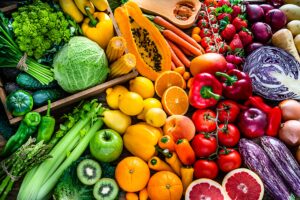
1 https://www.feedingamerica.org/ 2 https://www.healthypeople.gov/ 3 https://www.healthypeople.gov/ 4 https://www.feedingamerica.org/
Helpful Resources
Our Partners
Contact:




